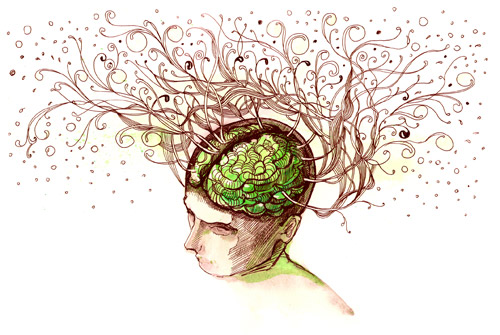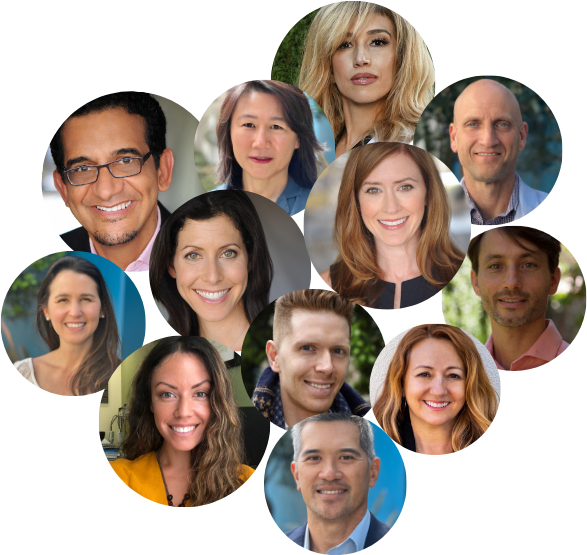With schools focus on grades, test scores, and GPA’s, asking parents to avoid calling their child “Smart” can come as a surprise. Jo Boaler, the professor of mathematics education at Stanford University, spoke at the Aspen Ideas Festival and discussed the idea of retiring the “s word”:
At whatever age smart people develop the idea that they are smart, they also tend to develop vulnerability around relinquishing that label. So the difference between telling a kid “You did a great job” and “You are smart” isn’t subtle. That is, at least, according to one growing movement in education and parenting that advocates for retirement of “the S word.” The idea is that when we praise kids for being smart, those kids think: Oh good, I’m smart. And then later, when those kids mess up, which they will, they think: Oh no, I’m not smart after all. People will think I’m not smart after all. And that’s the worst. That’s a risk to avoid, they learn.“Smart” kids stand to become especially averse to making mistakes, which are critical to learning and succeeding.
“Mistakes grow your brain,” as the professor of mathematics education at Stanford University Jo Boaler put it on Monday at the Aspen Ideas Festival. Boaler notes, that at least a small part of the forebrain called the thalamus can appreciably grow after periods of the sort of cognitive stimulation involved in mistake-making. What matters for improving performance is that a person is challenged, which requires a mindset that is receptive to being challenged—if not actively seeking out challenge and failure. And that may be the most important thing a teacher can impart.
People are born with some innate cognitive differences, but those differences are eclipsed by early achievement, Boaler argues. When people perform well (academically or otherwise) at early ages and are labeled smart or gifted, they become less likely to challenge themselves. They become less likely to make mistakes, because they stay in their comfortable comfort zone and stop growing. And their fixed mindset persists through adulthood. The simple and innocent praising of a smartkid feeds an insidious problem that some researchers track all the way up to gender inequality in STEM careers.
So ending the reign of the S word, as Boaler calls it, is a grand mission.“It’s imperative that we don’t praise kids by telling them they’re smart,”she argued in a Monday lecture to an audience that received her message with many knowing nods. “You can tell kids that they’ve done something fantastic, but don’t label them as smart.”
The idea of a fixed mindset, in which people are smart or not smart, stands in contrast to a growth mindset, in which people become intelligent and knowledgeable through practice. In her 2006 book The New Psychology of Success, psychologist Carol Dweck described the two: People with growth mindsets believe that the harder they work, the smarter they get. And the subtleties of the ways in which we praise kids are related to the mindsets those kids develop.The group most damaged by fixed-mindset thinking is high-achieving girls, Boaler argues, because it’s girls who are told by society that they probably won’t be as good as boys at math and science. That means girls are only more likely to avoid challenging themselves in science and math, and that aversion to making mistakes leads to less learning and progress. The more that certain disciplines cling to ideas of giftedness, the fewer female Ph.D.s there are in those fields.
“When we give kids the message that mistakes are good, that successful people make mistakes, it can change their entire trajectory,” Boaler said.100 percent is not an ideal score. When kids come home from school and announce that they got everything right on their school work, Dweck advises parents to offer some sympathy: Oh, I’m sorry you didn’t get the chance to learn.
Speaking of percentages, math is a good example of the importance of avoiding the fixed mindset. The idea of a “math person” or a math gene is a primary reason for so much math nihilism, math failure, and “math trauma,” as Boaler called it on Monday. When kids get the idea that they “aren’t math people,” they start a downward trajectory, and their career options shrink immediately and substantially. There is also the common idea of a wall in math: People learn math until they hit a wall where they just can’t keep up. That wall may be trigonometry, and it may be advanced calculus, and it may be calculating a tip. In no other discipline but math are people so given to thinking, instead of I need to practice, justWell, I’m not good.
“Big news,” Boaler said during her lecture, “there is no wall.”
100 Percent Is Overrated
www.theatlantic.com
June 30th, 2015








